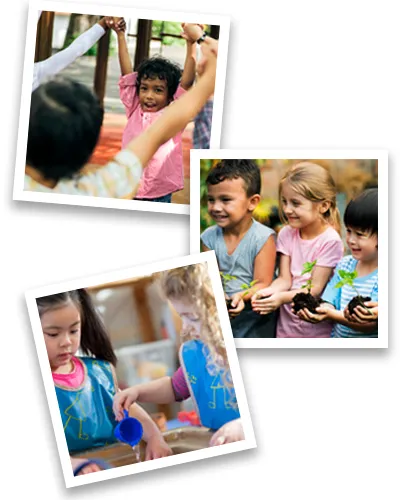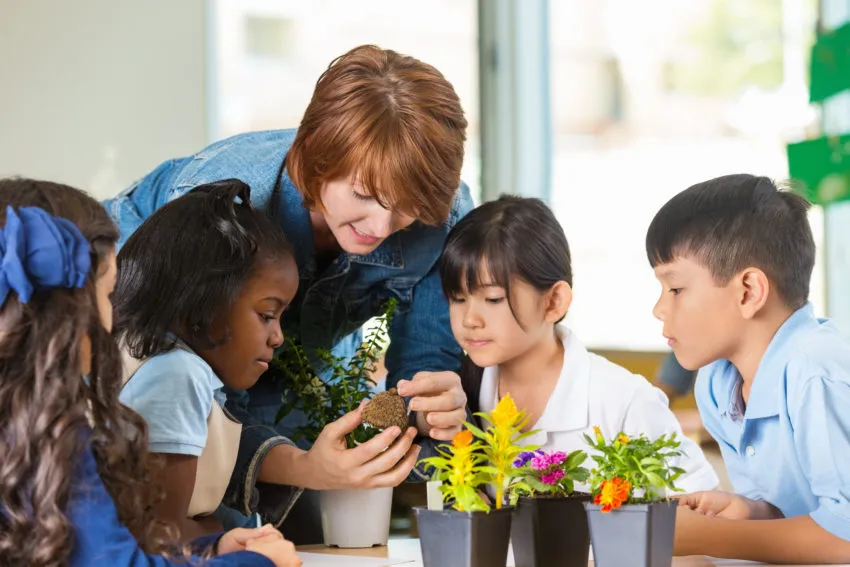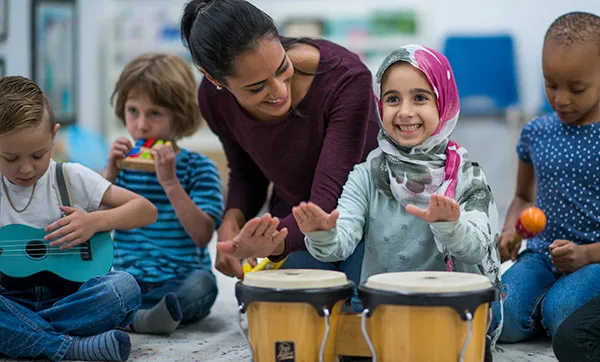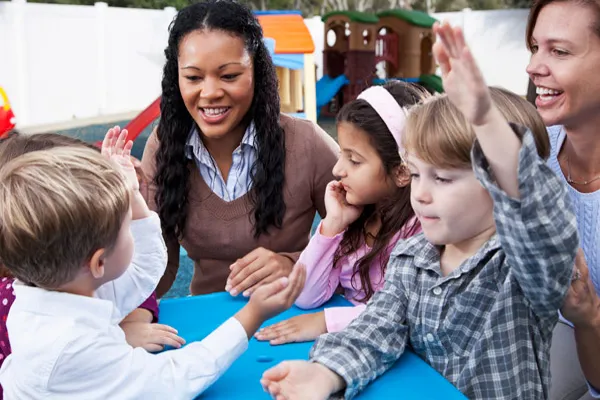Whole child development “empowers children as creative and engaged citizens who can strengthen the wellbeing of a whole society.”
What is the whole-child approach?
The whole-child approach to teaching supports and nurtures all areas of children’s development and learning–from social-emotional and cognitive skills to literacy, math, and science understanding–and is a powerful strategy as preschool children transition to kindergarten. It encourages children’s learning and thinking by being responsive to children’s understandings, interests, and abilities, allowing them to deepen their natural curiosity and their eagerness to want to discover and learn more.
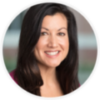
A whole-child approach transitions away from a focus on narrowly-defined academic achievement to one that incorporates a broader view of the skills and knowledge that all children must develop for long-term success. There’s a perception that whole-child practices and academic outcomes are mutually exclusive, but that’s not the case.
Kai-leé Berke
Vice Chair of the Board and former CEO – Teaching Strategies

When a teacher is committed to focusing on the whole child, what you’ll see is a classroom where children are deeply engaged in meaningful activities and hands-on opportunities for learning. You’ll see documentation of children’s work and ideas displayed throughout every area of the room, you’ll see works in progress, and most importantly you’ll see children getting to make choices about their learning.
Breeyn Mack
VP, Educational Content – Teaching Strategies

Addressing the whole child is precisely the method to tether early learning to the rest of the educational system. Because educators require an approach that allows them to integrate the multitude of critical learning outcomes that serve as the foundation for success, a focus on the whole-child is needed now more than ever.
Vincent Costanza
Former Chief Academic Officer – Teaching Strategies
Why do social–emotional skills matter?
Traits such as critical thinking, creativity, problem-solving, persistence, and self-control are vitally important to children’s full development.
Successful development of social-emotional skills has been associated with
- reduced years of special education,
- fewer repeated grades,
- higher rates of on-time high school graduation,
- college completion,
- stable employment, and
- more likelihood of full-time employment.
Weak social-emotional skills have been associated with
- reliance on public assistance,
- criminal activity,
- substance abuse, and
- poor mental health.
Why do social-emotional skills matter?
Children who show increased social—emotional competence in Kindergarten are:
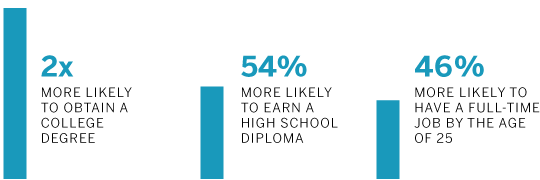
Children who show decreased social—emotional competence in Kindergarten are:

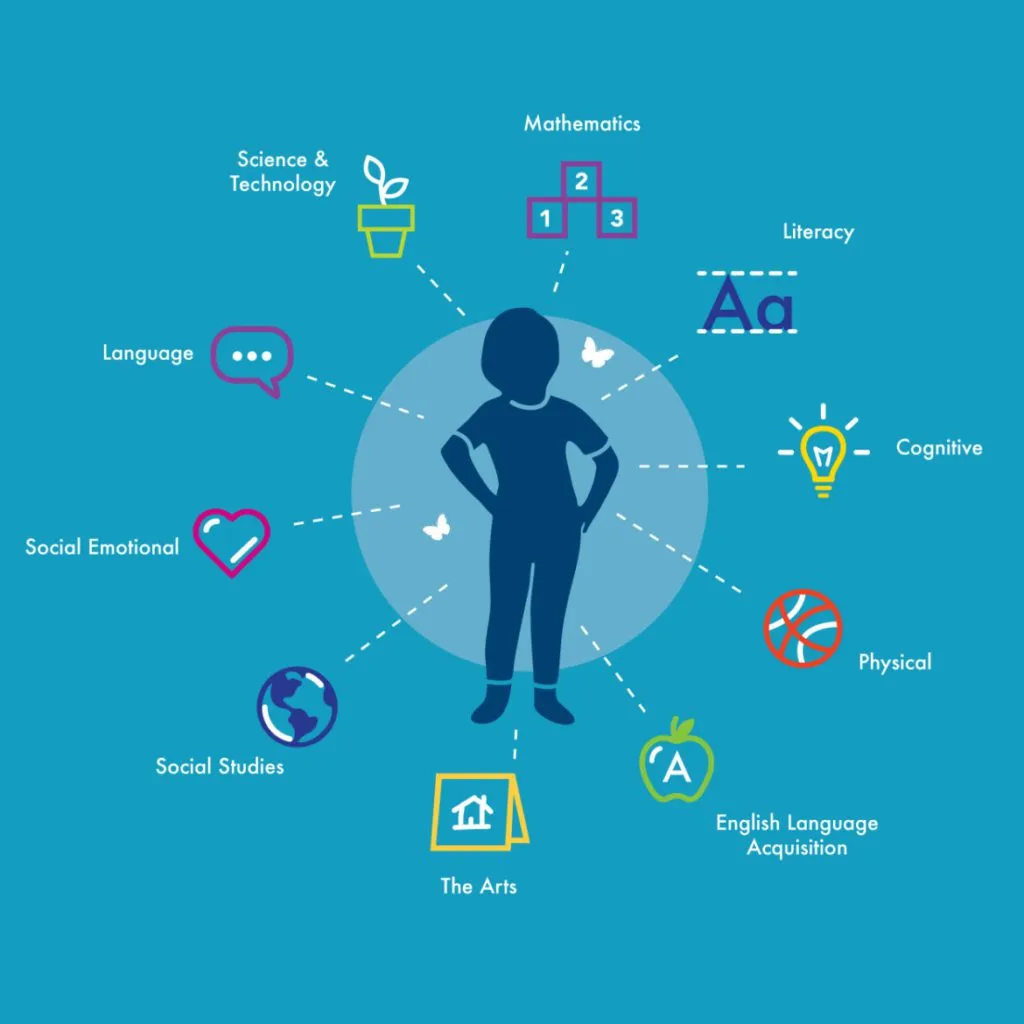
Why now?
A complete picture of development and learning not only includes children’s language and literacy competence and math and science understanding, but it also includes their physical well-being and social–emotional development. The early childhood years provide a unique opportunity to develop and shape children’s social–emotional skills. In fact, research shows that children’s social skills in kindergarten are early indicators of their success in adulthood.
As children enter kindergarten we want to nurture their critical thinking skills so they can become—and know themselves as—creative, confident learners in kindergarten, throughout elementary school, and beyond.
In an early childhood classroom, it’s highly beneficial to focus on academic expectations and to emphasize standards and literacy and math skills, but as educators of future citizens of the world, we also want to make sure that children’s social—emotional development coexists and flourishes along with this academic rigor.
Solutions that address the whole child at any age.
You know how important a whole-child approach is during the early years. Now what?
The Creative Curriculum was specifically designed with the whole-child approach in mind. It’s designed to support the way that preschool and kindergarten-aged children learn best—through meaningful and purposeful hands-on investigations and play across all areas of learning.
An Opportunity to Explore
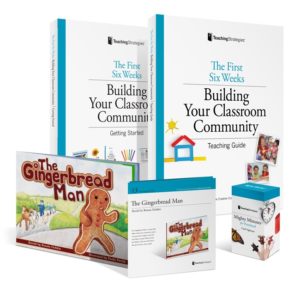
The First Six Weeks: Building Your Preschool Classroom Community
The first six weeks of school lay the foundation for the rest of the year. Our newest curriculum offering gives you everything you need to create a positive classroom community during the first six weeks of school:
- The six Foundation Volumes of The Creative Curriculum
- The First Six Weeks: Building Your Classroom Community Getting Started
- The First Six Weeks: Building Your Classroom Community Teaching Guide
- Mighty Minutes for Preschool
- 56 Intentional Teaching Cards
- 19 Children’s Books
- 5 Book Discussion Cards
- Preschool Resource Organizer
- 1 credit to be used on any of our online professional development courses including, The First Six Weeks or The Creative Curriculum for Preschool: Foundation.
We know children learn best through exploration, and it’s no different for adults. That’s why we wanted to give you a new opportunity to try out The Creative Curriculum in your classroom. The First Six Weeks: Building Your Classroom Community lets you get to know The Creative Curriculum with a modest investment. Use it on its own, or as a supplement to your existing curriculum – either way, you’ll be laying the groundwork for a successful school year.
A Commitment to Quality
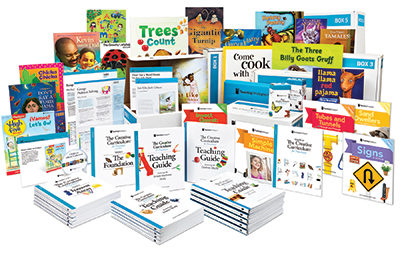
The Creative Curriculum for Preschool
The Creative Curriculum is a research-based, developmentally appropriate approach to project-based learning that builds upon the natural curiosity of young children—because we know that when children investigate, discover, and play, they learn!
The curriculum provides a unique opportunity to place science and social studies project-based learning at the core of each day while providing opportunities to meaningfully apply skills in mathematics, language and literacy, technology, and the arts.
